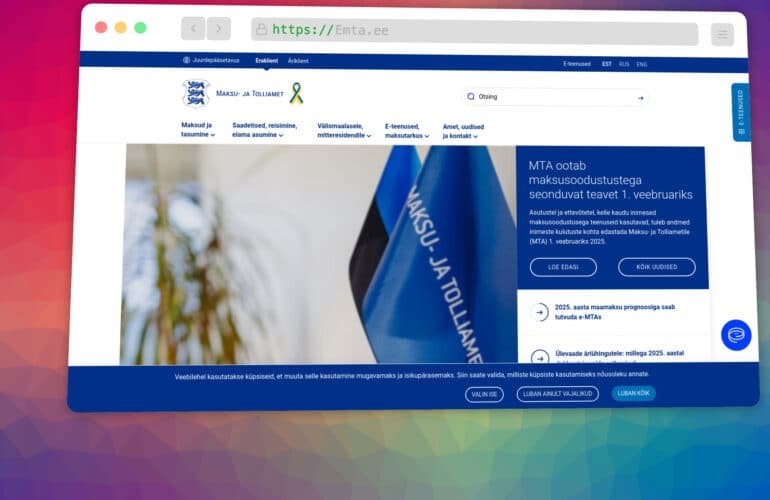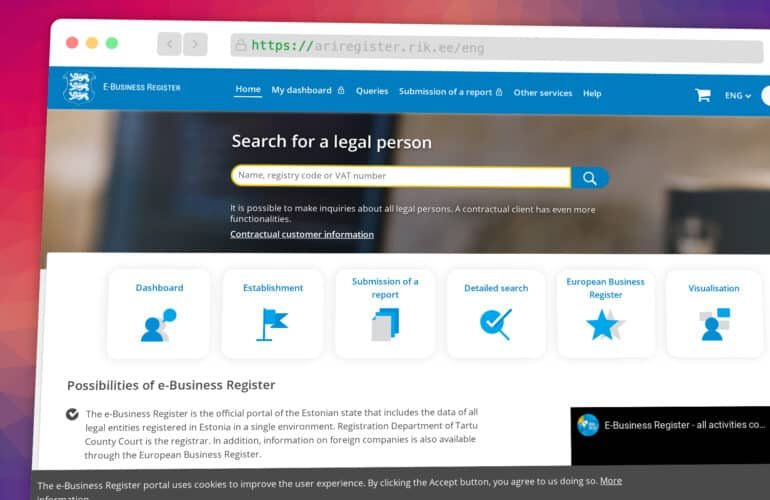Financial Intelligence Unit in Estonia
What is the FIU?
The Financial Intelligence Unit (FIU) in Estonia is a government department that fights financial crimes, like money laundering and funding terrorism. It works under the Estonian Police and Border Guard Board to ensure the financial system stays safe and transparent. The FIU checks for suspicious transactions, enforces financial rules, and works with other countries to stop financial crimes.
What Does the FIU Do?
The FIU has a few key jobs to protect Estonia’s financial system:
- Monitoring Transactions:
It keeps an eye on financial activity to catch anything suspicious, like illegal money movements or fraud. - Enforcing Rules:
The FIU makes sure banks, cryptocurrency companies, and other businesses follow Estonia’s anti-money laundering (AML) laws. - Granting Licenses:
It gives licenses to businesses that handle virtual currencies and makes sure they follow the rules. - International Collaboration:
The FIU works with organizations in other countries to investigate and stop financial crimes that cross borders.
Why the FIU Matters to e-Residents and Businesses
If you’re an e-Resident or running a business in Estonia, especially in fields like cryptocurrency or or finance, the FIU is important. Businesses must follow its rules, which include:
- Verifying customer identities (know your customer or KYC).
- Reporting suspicious financial activities.
- Following anti-money laundering laws.
Not following the FIU’s rules can lead to fines or losing your business license.
Getting a License from the FIU
Some businesses, like those offering virtual currency services, need a license from the FIU to operate in Estonia. To get this license, you must:
- Pass background checks.
- Prove your business follows compliance rules.
- Submit all required business documents.
The FIU ensures only trustworthy businesses can operate, helping Estonia maintain a strong and safe financial reputation.
Why the FIU is Important
The FIU helps keep Estonia’s financial system secure and fair. For e-Residents and entrepreneurs, understanding its role and following its rules is essential to run your business smoothly. Estonia is known for its digital innovation, and the FIU plays a big part in protecting its reputation as a safe place for business.


